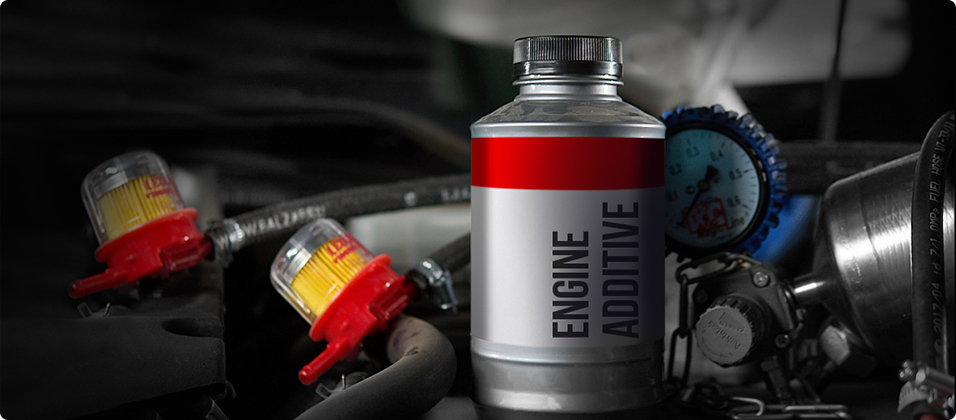
Introduction: Importance of Motor Oil and an Introduction to Additives
Motor oil is a critical element for the reliable operation of an automobile engine. Beyond just lubrication, it serves various functions that ensure optimal performance and engine longevity. In this article, we will explore oil additives and their impact on engine performance. Let’s delve into which components of additives genuinely work and have the potential to enhance engine performance, lubrication, and durability.
Components of Additives and Their Effect on Engine Oil
1. Dispersants and Engine Cleaning from Deposits
Dispersants play a vital role in additives, helping to keep the engine clean. They break down and disperse contaminants, sludge, and carbon deposits, preventing them from accumulating in critical engine parts and ensuring smoother operation.
2. Antioxidants and Protection Against Oil Oxidation
Antioxidants are crucial components that safeguard oil against oxidation. As oil ages, it becomes prone to oxidation, leading to the formation of sludge and varnish. Antioxidants combat this process, preserving the integrity of the oil and providing better engine protection.
3. Anti-Wear Additives and Longer Engine Life
Modern engines operate under increasing demands, making engine wear protection paramount. Anti-wear additives form a protective layer on metal surfaces, reducing friction and wear, and extending the lifespan of essential engine components.
4. Viscosity Indexes and Maintenance of Stable Oil Viscosity
Temperature fluctuations can affect the viscosity of motor oil, impacting its ability to lubricate effectively. Viscosity index improvers help stabilize the oil’s viscosity across a wide temperature range, ensuring optimal lubrication during cold starts and high-temperature conditions.

Additives and High-Mileage Oils
1. How Supplements Can Be Helpful for High Mileage Vehicles
For owners of high-mileage vehicles, additives can prove particularly beneficial. Such engines often experience more wear and tear, making anti-wear additives and engine cleaning crucial in preventing further damage and restoring performance.
2. Improved Performance and Reduced Wear on Older Engines
By using specially formulated additives, you can enhance engine performance and mitigate the effects of aging in older engines. These additives can rejuvenate seals and reduce oil consumption, resulting in a more efficient and powerful engine.
Effect of Additives on Different Types of Engines
1. Gasoline Engines and Their Features
Gasoline engines have distinct lubrication requirements, and the choice of motor oil additives must be carefully considered. Understanding the nuances of lubricating gasoline engines will help you select additives that optimize performance.
2. Diesel Engines and Additive Requirements
Diesel engines operate under higher pressures and temperatures, necessitating specialized additives to improve performance, reduce soot buildup, and prolong engine life.

The Importance of Choosing Quality Supplements Following Recommendations
1. Manufacturer’s Recommendations and Compliance with Specifications
To ensure optimal results, always follow the recommendations of your vehicle and oil manufacturers. Select additives that meet the required specifications and are compatible with your engine’s design.
2. Practical Advice on the Use of Additives
When using oil additives, adhere to the manufacturer’s instructions and use the recommended dosage. Properly utilizing high-quality additives will enhance engine performance and provide you with long-term benefits.
Conclusion
Oil additives consist of diverse components designed to enhance engine performance and extend engine life. Understanding the role of different additives and their impact on engine lubrication empowers you to make informed decisions when choosing the right oil for your vehicle. Always follow manufacturer recommendations and choose high-quality additives to enjoy improved engine performance and durability.

